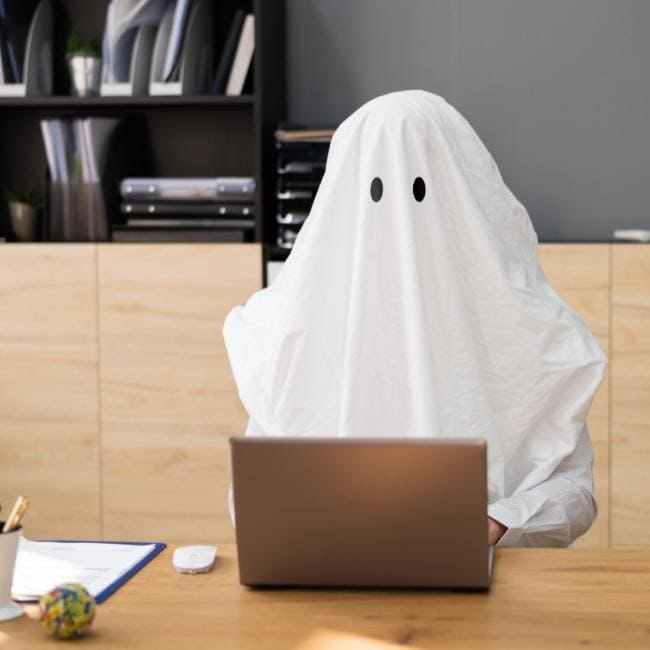
inkmypapers.sg image
By Casey Bukro
Ethics AdviceLine for Journalists
By Casey Bukro
Ethics AdviceLine for Journalists
The freelancer decided he had found an innovative way to create articles for sale, but he was not sure if it was ethical.
The idea was to “outsource” some of the work by hiring a ghost writer for an article he intended to write about ghost writers. He put an ad on a writers’ web page asking for a writer to write two true stories for him: One about marrying his wife and the other about the day his child was born. The freelancer got 15 responses.
The freelancer was about to hire one of them to write those two stories. But then he felt a pang of guilt that he would be “using” the hired writer for his own story about the process of hiring and managing ghost writers. He did not intend to tell the hired writer why the writer was hired.
So the freelancer called the Ethics AdviceLine for Journalists, asking if what he was about to do was ethical.
“We talked for a long time about lying,” said the AdviceLine advisor. “We discussed how his article might be changed if he did tell the ghost writer what he was doing.”
The advisor also mentioned the 1999 Food Lion versus ABC case involving undercover reporting. Reporters from ABC’s Primetime Live submitted false resumes so they could be hired in Food Lion’s meat departments. They found unsanitary practices in various stores and used hidden cameras for the report. It was an act of deception.
The Society of Professional Journalists code of ethics says: “Avoid undercover or other surreptitious methods of gathering information unless traditional, open methods will not yield information vital to the public.”
The Food Lion grocery chain sued ABC in July 1995 in federal court in North Carolina, alleging fraud, breach of the duty of loyalty, trespass and unfair trade practices. Food Lion contended that ABC used illegal newsgathering methods.
A jury in 1996 found ABC guilty of fraud, trespass and disloyalty. It awarded Food Lion $1,400 in compensatory damages and $5.5 million in punitive damages for fraud. The District Court judge found the punitive award excessive and reduced it to $315,000.
ABC and Food Lion appealed. The U.S. Court of Appeals in Richmond, Virginia rejected the fraud claim but upheld a $2 award for breach of loyalty and trespass. The appellate judges decided the grocery chain failed to prove it suffered any injury because of misrepresentation by the broadcasters on their job applications.
The judges concluded that the ABC producers trespassed, but had permission to be in the stores because they were hired by Food Lion. But they did not have permission to secretly videotape in non-public areas of the stores for ABC’s use, because the stores did not consent to that.
Deception was one of the key points in the Food Lion case. The AdviceLine advisor asked the freelancer if he would want to be treated as he intended to treat the ghost writer he was hiring unwittingly for an article about ghost writers?
“He decided to tell the ghost writer what he was actually doing, telling him the truth,” said the AdviceLine advisor.
*****************************************************************
The Ethics AdviceLine for Journalists was founded in 2001 by the Chicago Headline Club (Chicago professional chapter of the Society of Professional Journalists) and Loyola University Chicago Center for Ethics and Social Justice. It partnered with the Medill School of Journalism at Northwestern University in 2013. It is a free service.
Professional journalists are invited to contact the Ethics AdviceLine for Journalists for guidance on ethics. Call 866-DILEMMA or ethicsadvicelineforjournalists.org.
Visit the Ethics AdviceLine blog for more.

